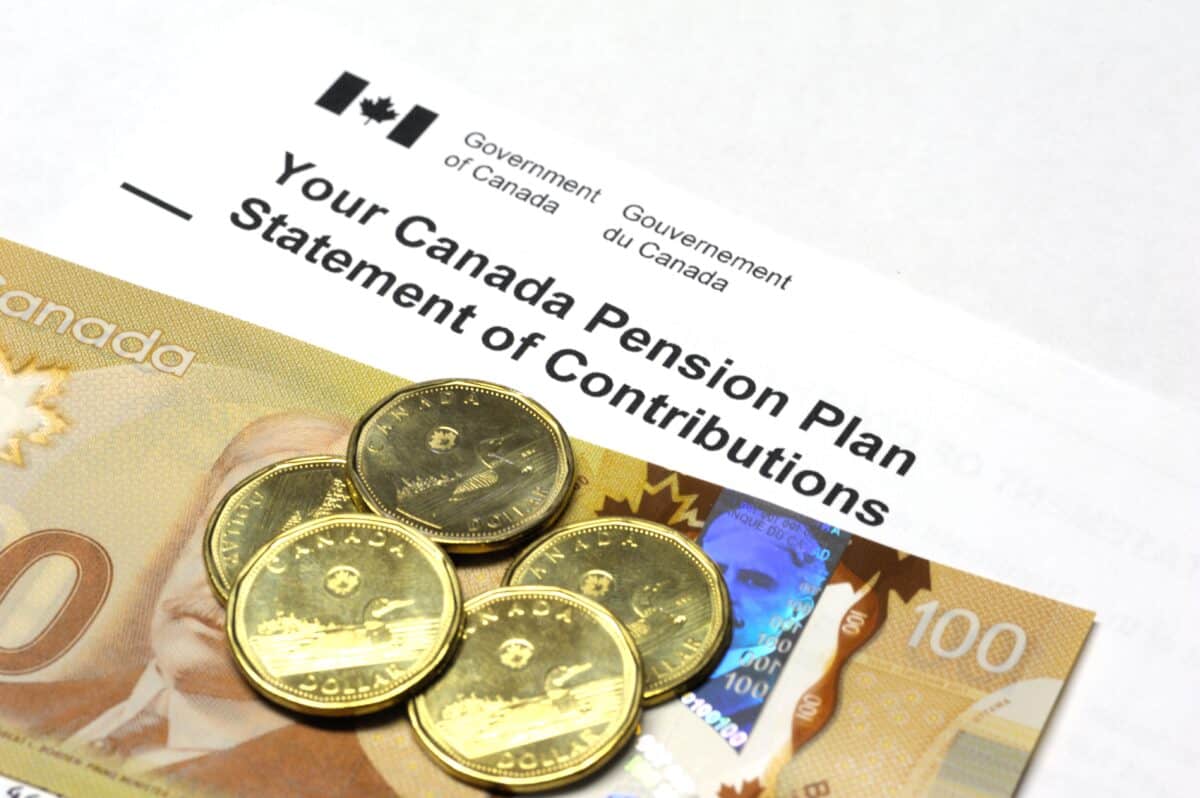Did you know that you get extra annual CPP benefits when you delay taking your pension by a year?
It’s true. Each year you postpone taking CPP past your 60th birthday gets you a little bit of extra annual benefits. You get 42% more benefits if you take CPP at age 70, compared to if you’d taken it at age 65.
That alone is a compelling argument in favour of taking benefits at age 70. But the benefits don’t stop there. Not only do you get more CPP per year if you delay taking benefits until age 70, you also probably get more lifetime benefits as well. In this article, I will explore why that is the case.

Source: Getty Images
Greater lifetime benefits
The average Canadian lives to about 82 years of age. If you live to 82, then you get more lifetime benefits from taking CPP at 70, compared to taking it at 65. So, if you have an average life expectancy, you might benefit from taking CPP at age 70 instead of 65 or 60.
But there’s much more to the story than that!
If you are already about 60, there’s a good chance that you will live well past 82. You see, the average life expectancy in any country is dragged down by a certain number of accidental deaths, infant mortality, etc. If you survive all these early-in-life risk factors, then you are likely to live beyond age 82. If you do so, taking CPP at age 70 will end up having been a good decision.
Ability to keep working
Another reason why delaying taking CPP until age 70 is a good idea is because Canadians older than 60 are increasingly able to continue working. Gone are the days when most jobs entailed heavy manual labour and intense schedules. Many jobs these days involve working in offices at relatively slow paces. If you are in your mid-sixties, have such a job, and want to continue working, there is little stopping you.
Ability to create your own RRSP pension
A final reason to delay taking CPP until age 70 is because it is not especially difficult to get non-CPP pension income out of an RRSP. By contributing diligently to an RRSP throughout your life, you can establish a portfolio of income-producing investments that you start to draw down in retirement. The income from an RRSP is typically taxed at a lower rate than you were taxed at in your working years, because your income is likely to be lower in retirement. So, holding dividend stocks in an RRSP is a good idea.
Take Fortis Inc (TSX:FTS) stock, for example. It’s a Canadian utility company that has raised its dividend for 52 consecutive years, which makes it a Dividend King. It is one of only two Canadian companies to enjoy the “Dividend King” distinction.
There are many qualities which make Fortis a good retirement portfolio holding.
First, as a regulated utility, it operates in a very stable, predictable industry. This leads to long-term revenue stability, which helps keep the dividends coming.
Second, Fortis is an old company that has stood the test of time, having grown its business year in and year out for decades.
Third and finally, Fortis stock is relatively inexpensive, trading at 18.9 times earnings. That’s not cheap-cheap, but it is cheaper than the markets these days, making FTS arguably a ‘relative’ value play.







